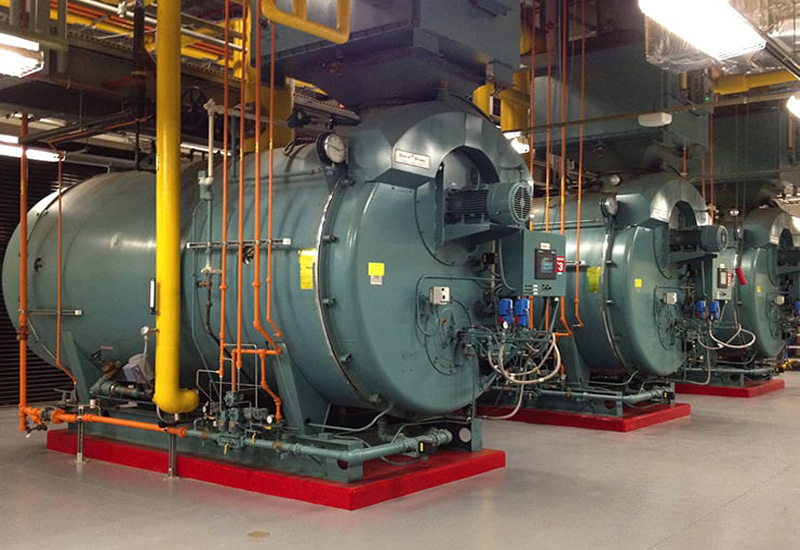Pharmaceuticals: Boiler Operation & Data logging
Boiler: Pharmaceutical industry boilers are a critical component to any processing plant. Whether the steam boiler is used in the process of medicinal drying, sterilizing, and purifying; boilers used in the pharma industry must be extremely precise, which means it has high temperature control demands Most pharmaceutical firms choose high pressure steam boilers due to the simplicity and efficiency of the system. At the same time, high pressure steam boilers can be used for direct heating as well as indirect heating. All of these reasons are why high pressure steam boilers are the premier solution for pharmaceutical process heating.

| Case Study | Pharmaceuticals |
|---|---|
| Applicable Industry | Pharmaceuticals |
| Use Case | Boiler Operation & Data logging |
| Interfaces | PLC, SCADA System, Sensor, field instruments with cabling |
| Customer | Leading Captive Energy Sectors |
| Data Exchanged | Data logging in Excel format |
| Technology | PLC with SCADA |
| System | PLC Automation system |
Challenges:
Solution:
We as VACPL provided efficient and end to end solution of PLC based control panel and which is helping customer in below ways. installation time is greatly reduced with PLC control systems due to the reduced amount of hard wiring required. In other words, we only need to hard wire the input and output devices. The control logic is implemented using software not hard wired relays. Modifications to the control logic can easily be done using software to modify the ladder logic program rather than hardware and wiring modifications that would normally be the case with relay logic control. The same PLC can be used for a wide range of control system applications.
